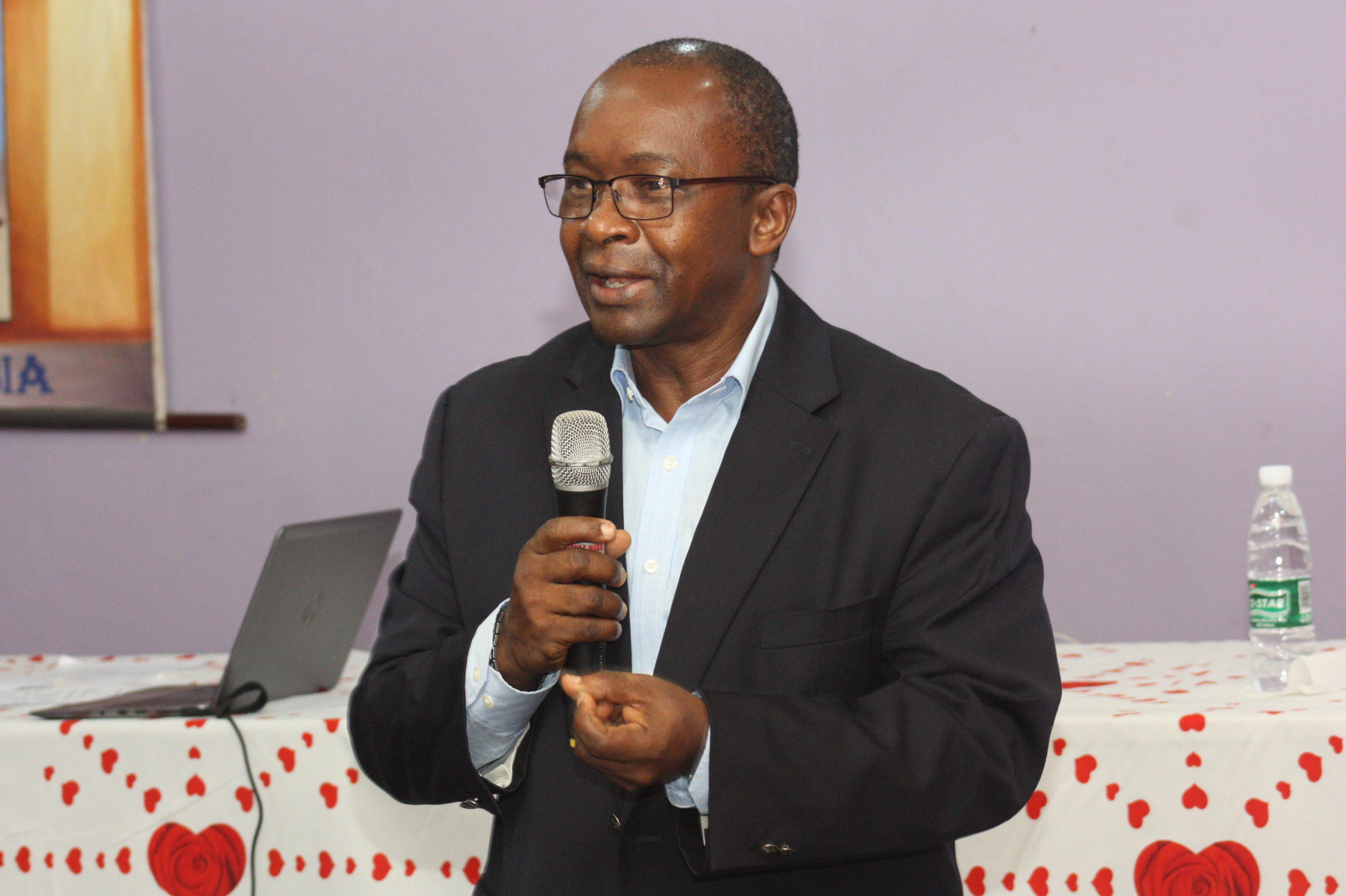A constitution sets the framework for governance. It contains the fundamental principles and laws defining not only the powers and duties of government, but also the rights and privileges guaranteed to the people among others.
These fundamentals must be gotten right if any nation-building project like ours is to be successful.
This means our constitution cannot escape blame when we are experiencing clear systemic difficulties in the way we organise ourselves for development.
The 1997 constitution of Gambia is an interesting one. It allows dictatorship to be craftily constitutionalised. It does so by concentrating virtually all the powers of the unitary state in the hands of the head of the executive branch of government, the president.
The powers include the authority to appoint both heads of the other two branches of government. In the case of the legislature, a further level of executive influence is still created with the requirement to appoint all ministers by President.
Also, the president has a further influence on the judiciary by the power to add to the number of Supreme Court judges.
These aside, heads of all state security agencies including the police, military, and the rest are all appointed by the president.
The same applies to heads of other state institutions such as the Ombudsman, the Electoral Commission Chairman, the Auditor General’s Department, etc.
The central bank governor, all heads of parastatal institutions and their board members, etc. are also appointees of the president.
In a case like this where the president can exercise such influence and even more, no checks and balances can hold as corruption thrives.
That is why as a nation in distress, we cannot afford to shy away from the crucial task of confronting this constitutional anomaly head-on. In our current situation, efforts of any government to deal with ineffective governance, corruption, injustice, inequity and the like can only scratch the surface and that is it.
It is not to say that the 1997 constitution has not been useful in any way. At least we can credit it with the longest period of political stability under democracy.
Perhaps, we needed this kind of dictatorship, after spending many years under military rule, in order to sustain the kind of political stability we are enjoying today. If this is so, then one may point to the stability factor to suggest that the 1997 document is a masterpiece.
Nonetheless, a more comprehensive appraisal, may want to find out whether the constitution assures the quality of governance that it was designed for, beyond this apparent classy codified set of guide. It is no secret that governance in Gambia since 1994 has largely failed to deliver sustainable development.
Our institutions are not working well, while corruption has become the order of the day. Indeed, it is very common to hear one political analyst or the other, blame one defective aspect of the constitution or another, all to the effect that our constitution needs fixing.


